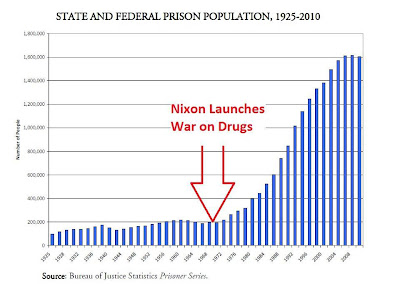R18 certificates are not an excuse for being a bad member of society

I've been a gamer for 3 decades, seeing the games industry mature from dots on a screen into a prolific mainstream industry. I'm not afraid of controversy in games. I want to make it abundantly clear: I'm not advocating banning anything. I've seen many disturbing titles, far worse than Grand Theft Auto. But this was when games were a cult market, and the technology was so basic, it was easy to dismiss the phenomenon. Now, games have matured. They can do more and they reach more people. Like movies and other entertainment, they have the power to influence society. With this influence comes some level of responsibility. It's not an obligation - games are art and should be able to push boundaries - but rape in a video game is not art. It's gratuitous indulgence in a sickness, a sickness that hides behind freedom of expression. If we're going to get philosophical about it (and I guarantee the proponents will) you could ask “where does it end? Should we



